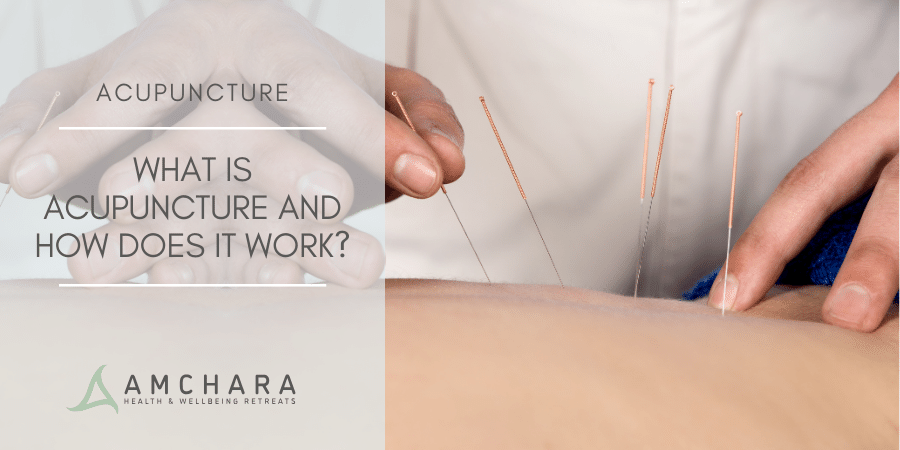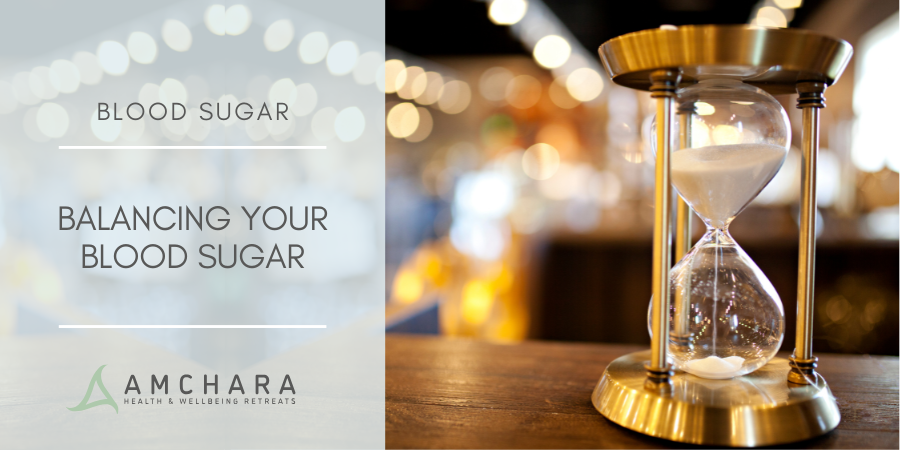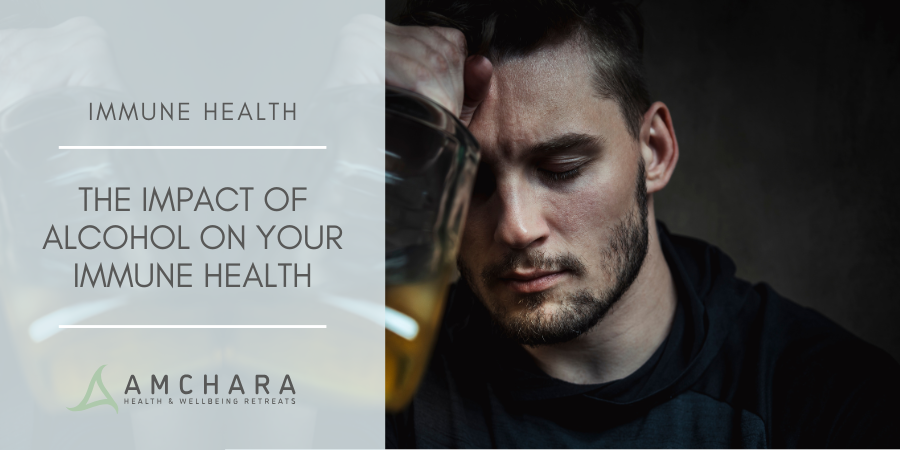Acupressure Reduces Breast Cancer-Related Fatigue (1)
One of the most common and distressing symptoms experienced by breast cancer patients and survivors is fatigue.
As many as 80% – 96% of the patient population report persistent and severe exhaustion during or following chemotherapy treatments.
Most sufferers complain that the fatigue they experience is overwhelming and interferes with day to day functioning affecting their ability to concentrate or motivate themselves to do anything.
What’s worse is that sleep or rest does nothing to alleviate the fatigue.
The impact of breast cancer fatigue on an individual’s general quality of life can be substantial, affecting social activity and performance at work.
Coping with the fatigue appears to have a greater negative effect than any other symptoms such as pain, nausea and depression.
Worryingly fatigue has been shown to persist for up to 10 years post diagnosis so clearly an intervention that can provide an opportunity for self-care needs to be investigated.
Fortunately according to a large scale UK trial, a treatment such as acupuncture could be highly effective for managing the symptoms of cancer related fatigue and may significantly improve a patients’ quality of life.
What is acupuncture and how does it work?
Acupuncture is a traditional medical practice that has been used in China for hundreds of years.
The general theory is that bodily functions are regulated by an energy called ‘qi’ which flows through the body along channels called meridians.
These help to irrigate and nourish the cells and tissues. Disrupting the flow of ‘qi’ is thought to cause disease.
Meridians can be influenced by inserting fine needles into the skin and underlying tissue at specific points which helps to correct the flow of qi.
This technique can release any blockages and therefore re-establish a regular flow throughout the meridians, helping to alleviate pain and other health conditions such as fatigue, depression, hot flushes, anxiety and insomnia.
Modern medicine offers a different explanation.
Scientists believe that inserting acupuncture needles at specific points stimulates the body’s nervous system to release chemicals into the tissues.
This mechanism will either change the experience of pain or trigger the release of other hormones or chemicals that allow the body to regulate its own systems.
This process stimulates the body’s own natural healing abilities to promote physical and emotional wellbeing.
Acupuncture is now used in mainstream healthcare in the UK particularly for the treatment of back pain and migraines.
Causes of cancer related fatigue
Inflammation is considered to be a factor in the progression of breast cancer.
The utilisation of treatments such as chemotherapy and radiotherapy together with surgery can also cause painful inflammation.
Whilst depression and general psychological distress have commonly been cited as contributing to cancer related fatigue, newer research suggests that it may also be due to underlying inflammation which is triggered by adjuvant radiotherapy treatment.
Evidence for the benefits of Acupuncture
The practise of acupuncture has gained increasing attention among researchers for the management of cancer related fatigue and several small-scale trials have been conducted, mostly with positive outcomes.
The results from at least one large randomised and well controlled trial as well as several smaller studies have given a clear indication that acupuncture can improve fatigue.
In the above mentioned large-scale clinical trial which was published in the Journal of Clinical Oncology in 2012, the researchers identified the benefits of acupuncture as an effective therapy for treating fatigue in former breast cancer patients.
During the trial 227 individuals out of the 302 taking part were given weekly acupuncture session for a period of 6 weeks which was followed up for a further 18 weeks.
The remaining 75 participants were given normal care. Those taking part had experienced fatigue for approximately 15 months.
They were also assessed for depression, activity, motivation, physical and mental fatigue, anxiety and overall quality of life.
Patients given acupuncture were shown to have gained significant benefits relating to all of these assessments.
Authors of the study believed that the results were too significant to be explained by a placebo effect alone.
They concluded that acupuncture is an effective therapy for managing the symptoms of cancer related fatigue and may help to improve patients’ quality of life.
Acupuncture Related Stories:
- Acupuncture – An Alternative Treatment
- Acupuncture And Its Wondrous Benefits
- Reducing breast cancer related fatigue with acupuncture
Helpful Links:
Breast cancer in women
https://www.nhs.uk/conditions/breast-cancer/
Breast Cancer Care: Breast cancer support charity
https://www.breastcancercare.org.uk/
Breast Cancer Now | UK Breast Cancer Research Charity
https://breastcancernow.org/
Breast cancer | Cancer Research UK
https://www.cancerresearchuk.org/about-cancer/breast-cancer
Types of breast cancer – Information and support
https://www.macmillan.org.uk/information-and-support
References
- Ancoli-Israel S and Bardwell WA. Breast Cancer and Fatigue. Sleep medicine clinics. 2008;3(1):61-71.
- Apaya MK, Liao GS and Shyur LF. Herbal Medicine and Acupuncture for Breast Cancer Palliative Care and Adjuvant Therapy. Evidence-based Complementary and Alternative Medicine : eCAM. 2013: 437948.
- Carmady B, Smith C, Thornton C, et al. The effect of acupuncture on post-cancer fatigue and well-being for women recovering from breast cancer: a pilot randomised controlled trial. Acupuncture in Medicine 2013;31:9-15.
- Kavoussi B and Ross BE. The neuroimmune basis of anti-inflammatory acupuncture. Integr Cancer Ther. 2007; 6 (3): 251-7.
- Molassiotis A. Managing cancer-related fatigue with acupuncture: is it all good news for patients?Acupuncture in Medicine 2013;31:3-4.






